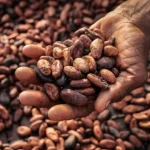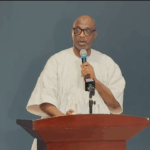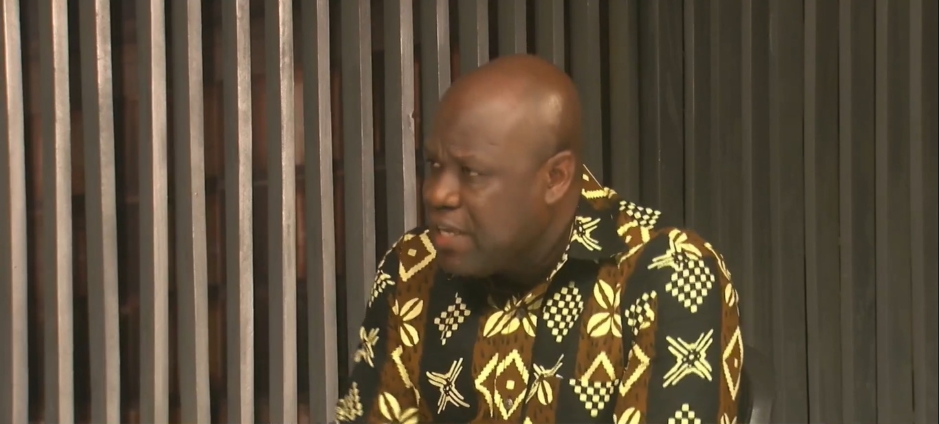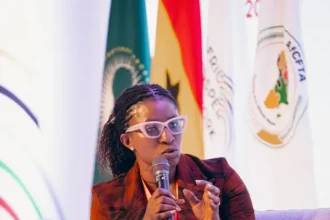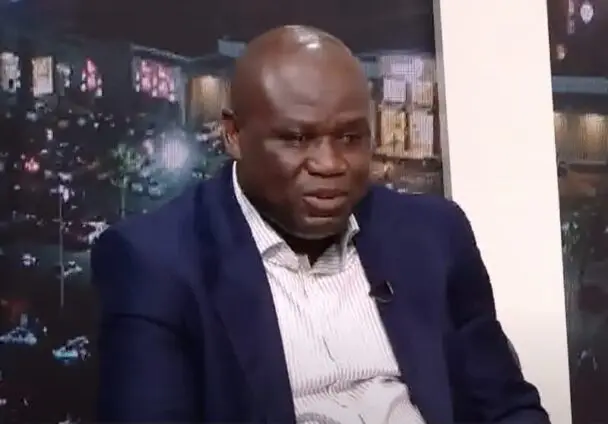Neighbouring Burkina Faso has secured funding from the International Monetary Fund (IMF) to help fight a deteriorating food insecurity that has been worsened by insecurity, climate change and other global events.
The IMF approved $80.77 million in rapid credit for the landlocked country on Monday, March 27 in a new effort to help save millions from hunger.
The fund said in a press release that the loan from its the Food Shock Window (FSW) would help Burkina Faso address urgent balance of payment needs related to the global food crisis.
“Food insecurity in Burkina Faso has increased significantly owing to deteriorating security conditions, which led to the displacement of about two million people; unfavorable climate events; supply-chain disruptions following the COVID-19 pandemic; Russia’s war in Ukraine; and increasing prices for food and agricultural inputs such as fertiliser and seed.
“As a result, about 16 percent of the population is in acute food insecurity conditions,” the statement said.
The $80.77 million is equivalent to 50 per cent of Burkina Faso’s IMF quota and comes under the rapid credit facility (RCF), one of the fund’s lending window.
Transparency
The Deputy Managing Director of the IMF, Kenji Okamura, said Burkina Faso needed to sustain transparency measures around its resources.
Mr Okamura said the country needed to enhance transparency and governance in the use of fund resources allocated under the FSW.
“The authorities are committed to improving Public Financial Management practices and progressing toward the establishment of the treasury single account.
“The plans to prepare progress reports and audits on the implementation of the cash transfer program and all food emergency spending are important.
Identification and publication of the beneficial owners of entities awarded public procurement contracts related to measures to address the food crisis would be key,” the statement.
Macroeconomic imbalances
The statement said beyond the challenges associated with food insecurity, Burkina Faso faced significant macroeconomic challenges.
It said external and fiscal buffers eroded substantially in 2022, as the current account deficit reached 5.2 per cent of GDP while the overall fiscal balance widened to 10.3 per cent of GDP.
“Both deteriorations reflect persistent and overlapping exogenous shocks, including a volatile political environment; fragile and deteriorating security conditions; the war in Ukraine; and the post-pandemic disruptions in international supply-chains.
All these shocks adversely affected economic activity in Burkina Faso, where growth in 2022 decelerated to 2.5 per cent year-on-year, after 6.9 per cent of GDP in 2021, and widened macroeconomic imbalances,” the release said.





